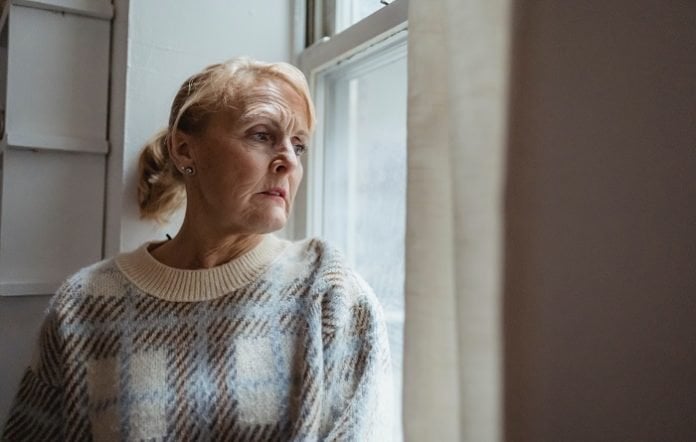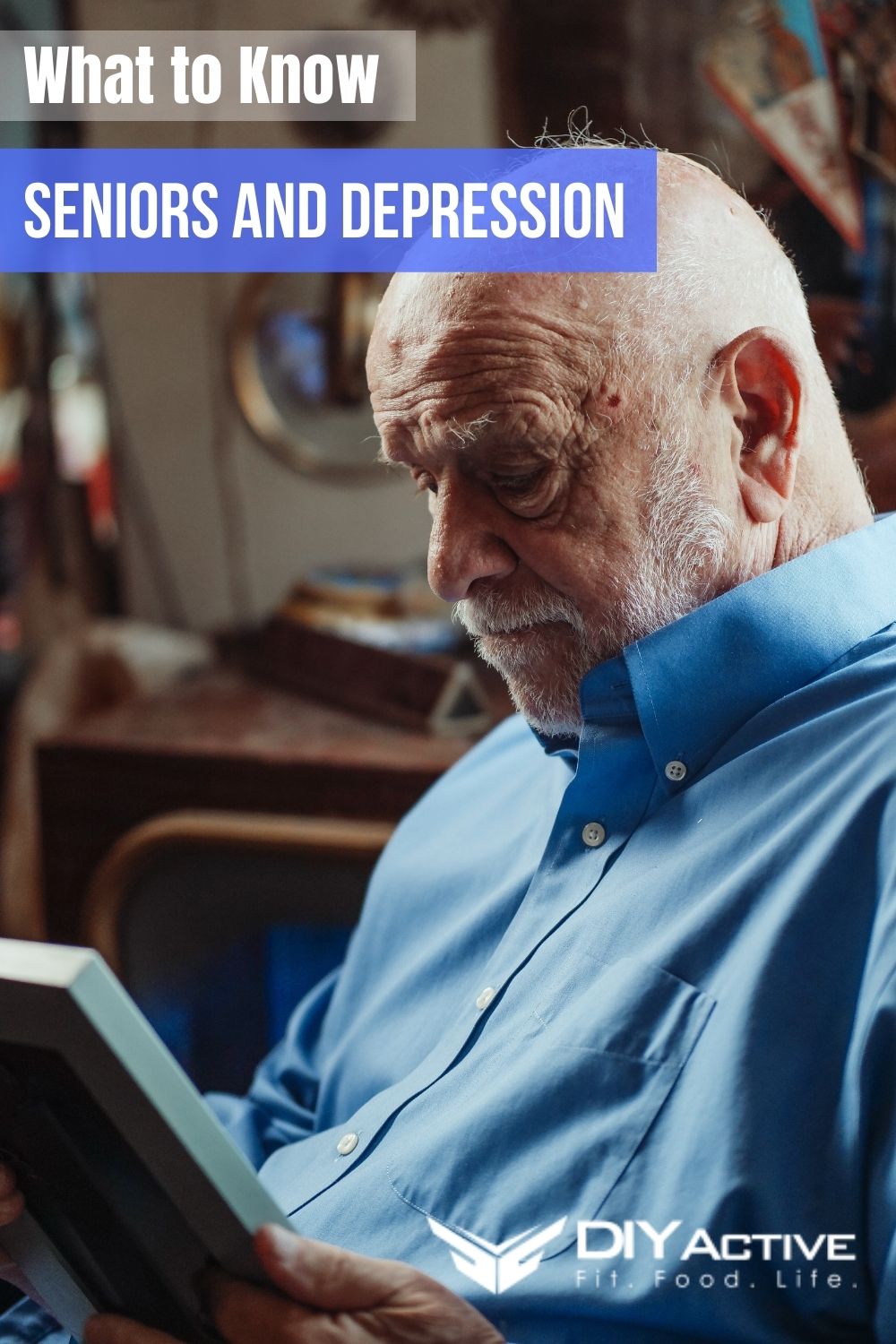
Seniors and Depression
The senior years can be a fulfilling time for many people, but at the same time, this time in a person’s life can also come with growing mental health risk factors, including depression. COVID-19 has worsened these risk factors for things like depression and anxiety in many people, including older adults.
What are the things to know about Seniors and Depression?
There are a lot of ways to help a senior dealing with depression, including music therapy, encouraging more social engagement, and helping them connect with a counselor.
Before you can take these steps for your loved one, though, you have to recognize there’s an issue and that can be tricky.
The following is a guide as far as what to know about seniors and the risk of depression.
Geriatric Depression
Geriatric depression is a term for a mental and emotional disorder that affects older people. Ongoing depression is not a normal or typical part of aging.
Older people are more likely to have something called subsyndromal depression, which doesn’t always meet the diagnostic criteria for major depression but can lead to that if it’s not treated.
When older people suffer from depression, it reduces their quality of life and can even increase the risk of suicide.
There isn’t one specific cause of depression in any age group. Typically, no matter someone’s age, if they’re dealing with depression, it’s due to genetic, biological, social, and psychological factors.
 In anyone, common depression risk factors include low levels of certain brain neurotransmitters, a family history of depression, and traumatic life events.
In anyone, common depression risk factors include low levels of certain brain neurotransmitters, a family history of depression, and traumatic life events.
In older people, particular risk factors can include transitioning from work to retirement, facing mortality, isolation, and limited mobility. Declines in health, the deaths of loved ones, and chronic medical conditions also raise the risk of depression in older people.
Certain medical conditions can also directly or indirectly cause depression in older people, including stroke, cancer, diabetes, and Parkinson’s. Vitamin B12 deficiency, thyroid disorders, dementia, and multiple sclerosis, have associations with depression.
Many medications can cause or worsen depression, including blood pressure medicine, beta-blockers, tranquilizers, sleeping pills, and high-cholesterol drugs.
What Are the Symptoms of Geriatric Depression?
While the symptoms of depression are the same no matter someone’s age, they can be more difficult to identify in older people. Family members may think they’re just normal signs of growing older. Symptoms of depression may include:
- Withdrawal from activities, friends, and loved ones
- Sadness
- Irritability
- Fatigue
- Crying
- Restlessness
- Apathy
- Sleep problems
- Physical pain
- Low self-worth
- Slow speech or movement
- Increased use of alcohol or other substances
- Memory problems
- Neglecting personal care and hygiene
- Lack of energy
What Can Be Done?
There are things an older person can do on their own or with the help of their loved ones if they’re dealing with depression.
Finding new activities, adapting to change, and staying both socially and physically active are important. It’s also important, no matter someone’s age, for them to feel connected to other people and their community.
The challenge here is that when someone is truly experiencing depression, even doing small things can feel overwhelming.
If you have an older loved one dealing with depression, start slow. Invite them to take a short daily walk with you, for example, or encourage them to participate in church or volunteer.
Isolation makes depression worse.
Not having a sense of purpose or meaning in life can also cause or worsen depression.
It’s important for older people to recognize that even though their purpose may be different at this point in their life, they still have one.
Depression treatment from a professional is also just as effective in older people as it is in younger people, although treatment plans should address the specific challenges someone is dealing with at the point in their life they’re currently in.
It is important to identify and deal with the root cause of depression, especially in older people.
Older adults may not be well-suited to taking antidepressants either, so this is something their doctor may have to work with them on. Often, therapy and healthy lifestyle changes can be as effective as antidepressants without the side effects.
Therapy can help older people as they’re processing changes or losses in their life, as well as challenging emotions. Therapy is also an excellent way to build new coping skills.
There are a number of support groups available to help with illness, depression, or grief if these are challenges your loved one is going through. Support groups foster relationships and allow participants to share their experiences, encouragement, and advice.
Photo by Teona Swift from Pexels
Photo byKindel Media from Pexels



